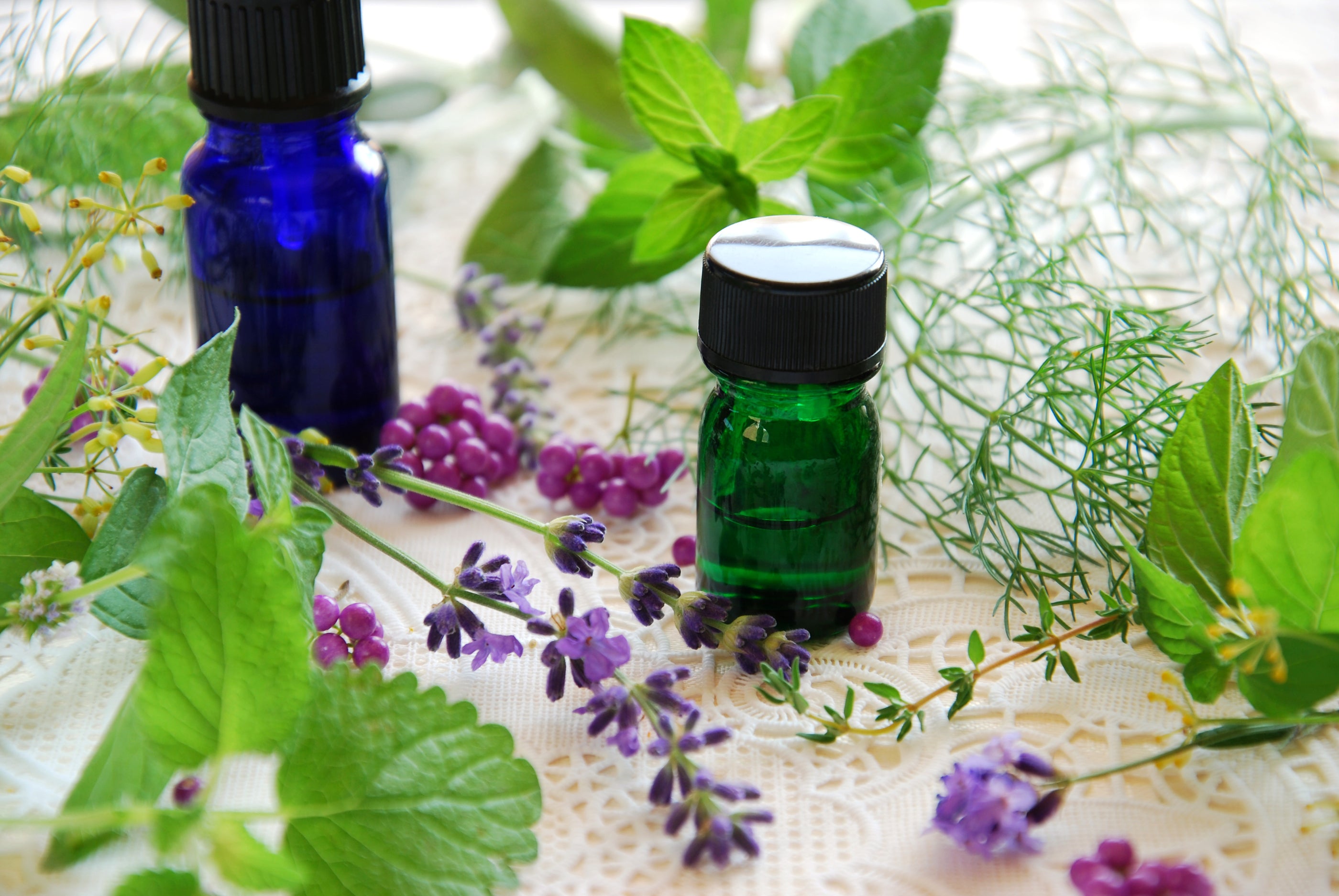
What's So Essential About Essential Oils?
Are Essential Oils Essential?
I remember the first time I heard the term "essential oil." I was pretty young, and while I don't recall the context in which I heard it first, I do remember wondering, what makes these fragrant oils essential? Why is it essential to me? What will happen if I don't use it?
Kind of funny, huh? The English language certainly has some strange words, and I certainly like to have fun with them, but this one really did confuse me for a while! Anybody else have a similar response? I don't know when I finally figured out the difference, but I do have a handle on it now.
Definitions of Essential
Merriam-Webster has three definitions for this word:
-
a. of the utmost importance : basic, indispensable, necessary <an essential requirement for admission to college>
b. being a substance that is not synthesized by the body in a quantity sufficient for normal health and growth and that must be obtained from the diet <a vegetable oil rich in essential fatty acids> — see also essential fatty acid — compare nonessential 2
-
idiopathic <essential disease> <essential hypertension>
Essential oils technically belong in the first category. They're essential because they contain the essence of the plant from which they're derived (don't worry, I'm not going to bore you with parts of speech, but I will tap into your childhood Schoolhouse Rock memories!), not that they're necessarily of utmost importance.
So why are they great?
Fragrances like rosemary, rose, cinnamon and lavender make it easy to understand the aromatic qualities of essential oils. Found in bark, seeds, stems, roots, flowers and other parts of plants, they occur naturally and can be both powerfully and beautifully fragrant. Essential oils are what give plants their unique scents, they affect plant pollination and protect the plants themselves.



Leave a comment
This site is protected by hCaptcha and the hCaptcha Privacy Policy and Terms of Service apply.